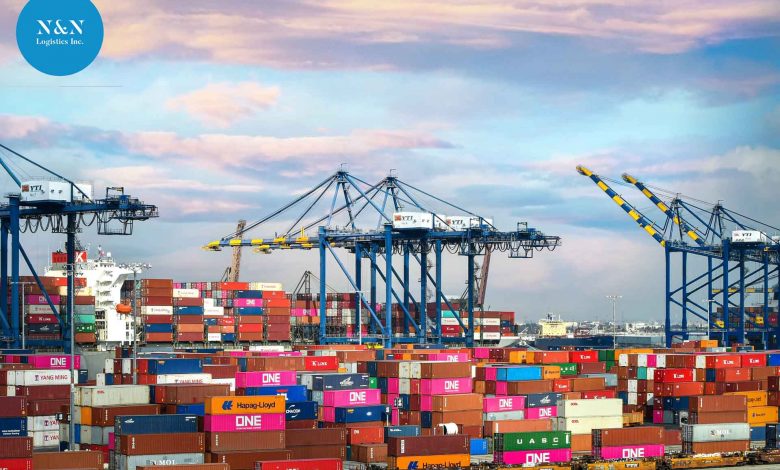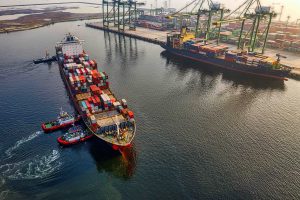
Project logistics management is often seen as an offshoot of supply chain control. In the past, when something had to get done, it was either shipped or delivered. But with the advent of the 21st century, “getting it done” no longer means having it delivered goods with the best project logistics. In fact, this approach to logistics may be outdated.
The traditional definition of project logistics
Project logistics applies to only a handful of tasks associated with any given project. For instance, it typically refers to the scheduling of materials. In terms of project freight logistics, this means that freight needs to be scheduled and paid for according to the most efficient shipping methods. See that this overlaps heavily on supply chain control, as well: as the former field of project logistics includes all aspects of delivery, construction, gathering, and delivery, so does the latter. Only, in the case of supply chains, does delivery come first. Therefore, when a project becomes a supply chain, the project logistics manager must also be involved with all of those aspects.

Scheduling and shipment
However, that doesn’t mean that project logistics management is solely a matter of scheduling and shipment. As discuss above, there are many different aspects of the whole project supply chain, and just because one project isn’t done (due to budget, time constraints, etc.) doesn’t mean that the entire supply chain isn’t being fulfilled. There’s always some degree of trial-and-error involved, which means that the project manager is also a key player in project freight management. When you’re done with the delivery, you want to know where your goods have been, how they’ve been a ship, and how fast they were made.
Relationship between project logistics and supply chain management
Another way to look at the relationship between project logistics and supply chain management is to consider how a project logistics partner might integrate with the other components of the overall supply chain. For example, a logistics partner that works with a manufacturer might want to incorporate the manufacturer’s design team into the process of delivering goods. The manufacturer might then take this information and implement it within their own organization. This type of integration can be highly valuable to companies that are in a transitional stage, where they need to ensure that they are meeting their customers’ needs before they make any changes to their process.
Company isn’t providing freight for your project
If a company isn’t providing freight for your project, then you may still need a logistics partner. Choosing a logistics provider requires you to first determine what level of expertise you require in order to meet your goals. Are you looking for specialized transportation or packaging services, or simply basic logistics support? Do you require freight brokers, or do you need a full service freight broker who can package and transport your goods as well? These are the types of questions you’ll need to ask yourself before you begin researching your different options. Once you’ve determined exactly the amount of expertise you require. You can then begin to look at your project cargo chartering options.
Project logistics management
Project logistics management involves the careful coordination between your project team, your providers, and your shipping department. You need to ensure that all of these groups are working together in harmony. Working through the project from start to finish requires precision and speed, and requires a lot of planning. It also requires communication and good negotiation skills. A good logistics management consultant will work with all of these groups to ensure that all of the necessary. Paperwork and legalities are hands properly and that all the stakeholders are satisfie. With the delivery and return on their investment.

Most effective ways to use logistics services
One of the most effective ways to use logistics services is to hire a logistics partner. To help you with the creation of a one-stop solution. The logistics partner can serve as the “one-stop” shop for all of your project cargo needs. Including management, freight consolidation, and shipment scheduling. By streamlining many of your processes, you can free up your staff, cut unnecessary expenses, and free up your time. Hiring a logistics partner is often one of the best solutions. That a company can make to free up valuable staff and improve efficiency. In fact, it has become almost a necessity these days for companies. That operate within a tight budget and/or a small operating area.
Many companies have real-time control tower software which allows. They to view their whole warehouse and map everything out in real-time. This gives them the ability to quickly identify problems and problem areas. It can also give them an idea of their storage requirements for future needs. Such as extra containers or pallets of goods. Managing your logistics shipping service in this way can save you money and improve your overall efficiency. If you find that your time is being wast doing unimportant tasks. Or that your current systems are not meeting your company’s needs. Then you might be a candidate for real-time control tower software.